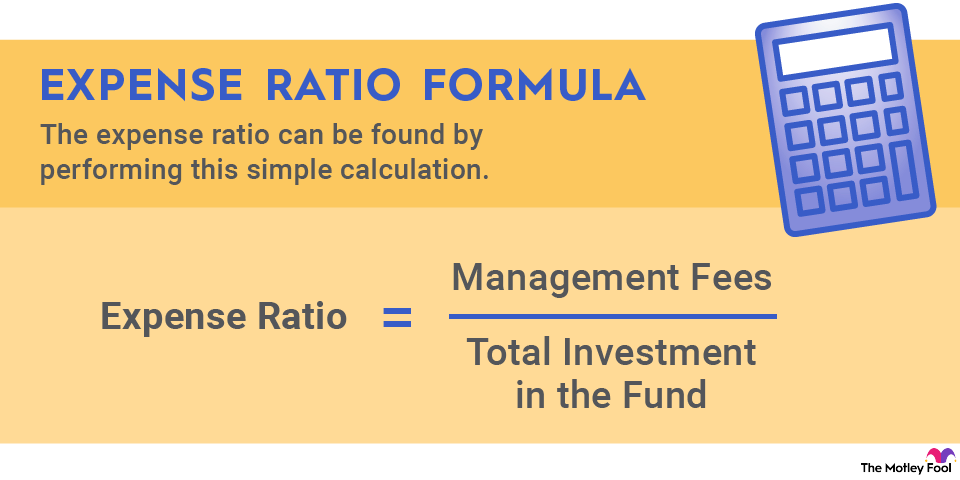Depending on who you ask, network marketing either offers a path to financial freedom or is a giant waste of time and money. Which is more accurate?

What is network marketing?
Network marketing is the practice of leveraging personal relationships to sell products or services. Many entrepreneurs employ network marketing techniques to grow their businesses, which can include:
- Pitching products face-to-face to family and friends.
- Reaching out via email, phone call, or direct message to social media and LinkedIn contacts.
- Joining networking groups and local business groups, like the Chamber of Commerce, to establish new personal relationships.
Network Effect
While anyone can practice network marketing, some businesses rely on it. Companies like Amway, Avon, Herbalife (HLF -2.71%), and Tupperware (NYSE:TUP) recruit and train individuals to sell products through their personal networks. These recruits are not employees; they are independent distributors who earn commissions on their sales.
Network marketing businesses may also be called direct marketing programs. Two related business models are multi-level marketing (MLM) and affiliate marketing.
- Multi-level marketers earn money by selling products and for recruiting new distributors.
- Affiliate marketers promote products online via coded links. When someone buys a product from the promoted e-commerce site, the link identifies who referred that customer. The referrer then earns a commission on the sale.
Pros and cons of network marketing businesses
The network marketing business model can be a low-cost, accessible way to achieve financial independence. Distributors don't need a unique product idea or a pile of startup cash. They can simply take an existing product line -- say, Avon beauty products -- and run with it.
Sales is the primary function of a network marketing business, so the model favors outgoing, assertive personalities. Those who have a large circle of influence will have an advantage, too.
Network marketing is more challenging for introverts and those with smaller networks. Anyone who feels uncomfortable pitching will struggle to generate commissions.
There are other risks, as well. Some network marketing businesses require new distributors to buy products upfront. There may also be ongoing order requirements. Those who are unable to resell the product may lose money on the endeavor. Worse, if the company exaggerates the income opportunity, distributors may put up far more money than they should.
Unethical MLM businesses can also be poorly disguised pyramid schemes. Pyramid schemes push recruiting over product sales. Often, the income opportunity from selling products alone is minimal. But these companies will pay distributors commissions on sales made by the people recruited beneath them. This structure funnels earnings upward in the organization -- which creates huge revenue streams for the people at the top.
The people at the bottom will struggle to add their own recruits as the market becomes saturated. The business eventually collapses, with only a small percentage of distributors coming out ahead in the process.
Pyramid schemes are illegal in the U.S.
How to evaluate a network marketing business
There are many network marketing businesses out there. To separate the good opportunities from the bad ones, entrepreneurs should evaluate the company, its products, and its business model. Conversations with existing distributors can also shed light on the daily responsibilities and income potential.
Entrepreneur
Questions to ask include:
- How good is the product? Distributors eventually run out of friends and family to pitch, so repeat sales are essential for ongoing income. If the product is disappointing, repeat sales will be difficult.
- What is the company's reputation? It's a red flag if reviews from customers and former distributors are largely negative, and its public relations team does not keep consumers engaged.
- What is the company's history and financial status? Younger companies with no track record are riskier than older public companies like Herbalife and Avon.
- Does the company provide training? Even natural salespeople can benefit from learning soft skills like communication, leadership, and basic product and sales training. The depth of the training provided also reflects how invested the company is in distributors' success.
- What's in the distributor contract? The contract may restrict the distributor's other business activities. That can be a dealbreaker for those who plan to sell multiple products from different companies.
- What is the compensation plan? The compensation plan should define the profits available on sales and any incentives for recruiting. It's not a good sign if recruiting appears to be far more lucrative than product sales.
- What does it cost to get started? There are legitimate network marketing opportunities that are free or almost free to join. High startup costs are a cause for concern.
Related business topics
Network marketing gone wrong: LuLaRoe
LuLaRoe is an MLM company that sells casual women's apparel through a network of independent distributors called consultants. While LuLaRoe may offer a legitimate business opportunity today, the company's history is scandalous -- scandalous enough to be retold in an Amazon (AMZN +3.97%) Prime documentary called LuLaRich.
In the mid-2010s, LuLaRoe charged its new consultants some $5,000 in startup costs. Those fees paid mostly for inventory, which was only partially returnable. Consultants had two earnings opportunities: They could sell their inventory and/or recruit new consultants. Recruiting produced commission on every sale closed by the people beneath them.
The brand grew quickly as consultants leaned on their social media networks to generate sales and build their teams. Then the lawsuits began to surface.
Consultants, employees, suppliers, and the state of Washington all lodged complaints against LuLaRoe. The high-profile complaints alleged defective products, employee mistreatment, nonpayment, and deceptive business practices. The Washington state lawsuit accused the company of operating an illegal pyramid scheme and grossly misrepresenting the business opportunity to new recruits.
LuLaRoe settled with the state of Washington in 2021 for $4.75 million. The state distributed $4 million to Washington residents who had invested in LuLaRoe but never earned the full-time income they were promised. The state also required LuLaRoe to implement these changes to its business model:
- Allow new consultants to return all unsold merchandise for a full refund within 45 days of joining the company.
- Pay commissions only on an individual's sales, not on sales made by consultants an individual recruited.
- Publish an annual disclosure statement showing how much consultants are earning.
Today, the minimum startup cost for a LuLaRoe consultant is $499, one-tenth of what it used to be. According to the company's 2022 consultant income disclosure, about 20% of new consultants lose money on their LuLaRoe business. Some 45% make between $1,000 and $5,000 annually. And just over 6% earn more than $50,000 each year.


















